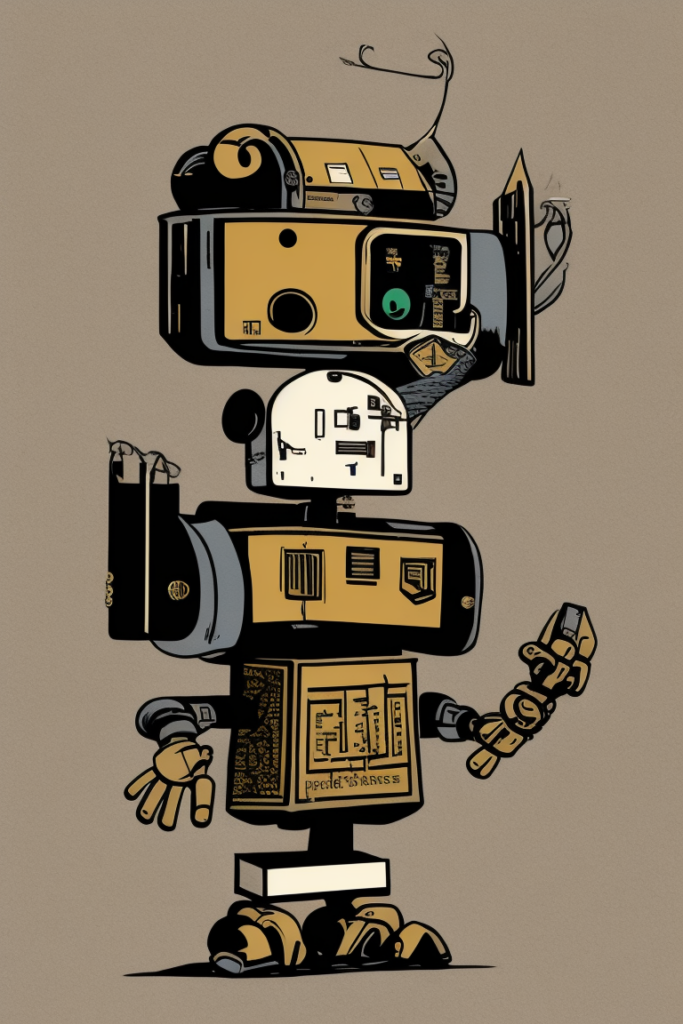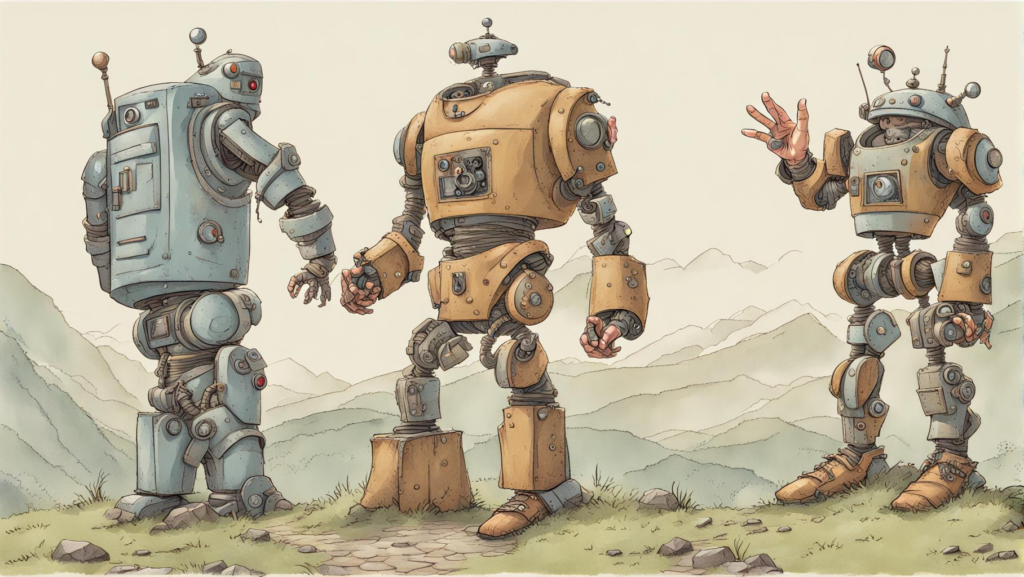Can Machines Truly Think? And Can They Pass The Turing Test?

In this episode, we explore the AI concept of mechanistic interpretability – understanding how and why an AI model makes certain decisions. Using Instagram’s machine learning-based feed ranking algorithm as an example, we discuss the dangers of algorithms that operate as black boxes. When the mechanics behind AI systems are opaque, issues like bias can go undetected. Through explaining ideas like transparency in AI and analyzing a case study on potential racial bias, we underscores why interpretable AI matters for fairness and accountability. This podcast aims to make complex AI topics approachable, relating them to real-world impacts. Join us as we navigate the fascinating intersection of technology and ethics.
This podcast was generated with the help of artificial intelligence. We do fact check with human eyes, but there might still be hallucinations in the output.
Music credit: “Modern Situations by Unicorn Heads”
Start listening:
Or Listen On Your Favorite Network:
Don’t want to listen to the episode?
Here you can read it as an article!
Turing’s Test: Probing the Prospects for Machine Cognition
The Age-Old Question: Can Machines Really Think?
For decades, one of the most intriguing questions in artificial intelligence has been whether machines can genuinely think and reason like humans. This philosophical debate has raged with perspectives ranging from “impossible” to “inevitable.” As AI systems grow more sophisticated, the line between biological and synthetic cognition blurs.Turing’s Pioneering Proposition
In 1950, pioneering computer scientist Alan Turing devised an elegantly simple thought experiment. The “Turing Test” evaluates machine intelligence based on conversational ability. A human judge chats with a machine and a person, attempting to distinguish which is which. If identification proves unreliable, Turing asserted we may reasonably term the machine “intelligent.”Limits of Today’s Chatbots
Programs like ELIZA and Mitsuku have fooled a notable portion of judges in limited Turing Tests. However, replicating the fluid versatility of human dialogue – with its semantics, humor, and logic – remains difficult. Current chatbots handle constrained small talk but falter on in-depth reasoning.Narrow AI Success, Cognition Challenges
In specialized domains like game-playing, image recognition and logistics, AI matches or exceeds human skill through statistical learning. However, flexibility, common sense, and consciousness remain largely lacking. While machines optimize defined tasks remarkably well, general cognition still differs fundamentally.Combining Biological and Synthetic Thinking
Rather than replicate human thinking, we should ethically combine the complementary strengths of biological and electronic intelligence. Together, we become more than the sum of our parts. AI has come a long way, but still has far to go to achieve the rich versatility of the human mind.The Debate Continues
Can machines think? While Turing provided a framework for evaluation, the philosophical debate persists. chatbots demonstrate impressive but limited conversational prowess. AI excels at optimizing specialized domains but lacks generalized thinking skills. As progress accelerates, maintaining human oversight and ethics remains imperative. The prospects for true machine cognition remain complex and uncertain.Want to explore how AI can transform your business or project?
As an AI consultancy, we’re here to help! Drop us an email at info@argo.berlin or visit our contact page to get in touch. We offer AI strategy, implementation, and educational services to help you stay ahead. Don’t wait to unlock the power of AI – let’s chat about how we can partner to create an intelligent future, together.



